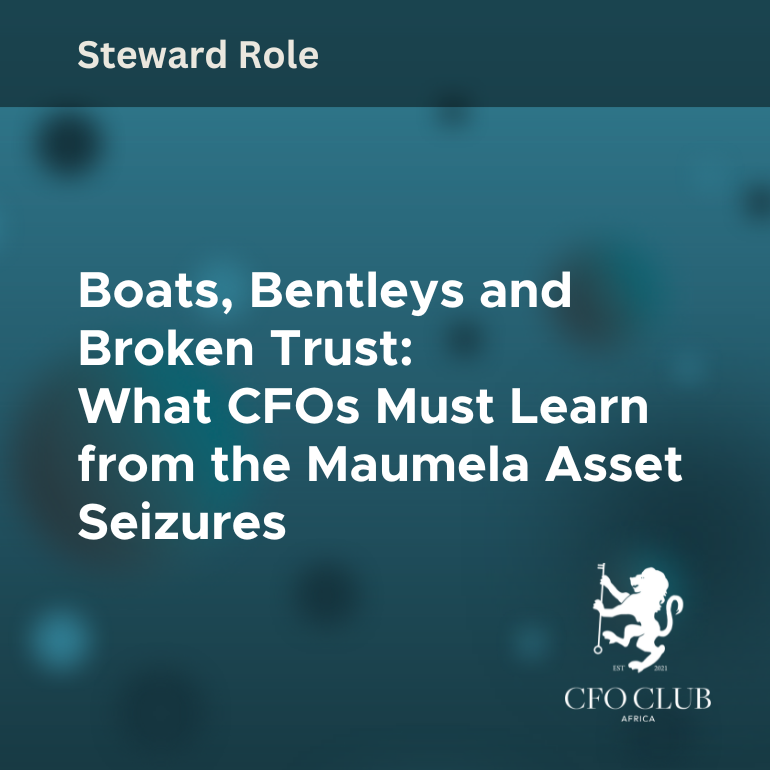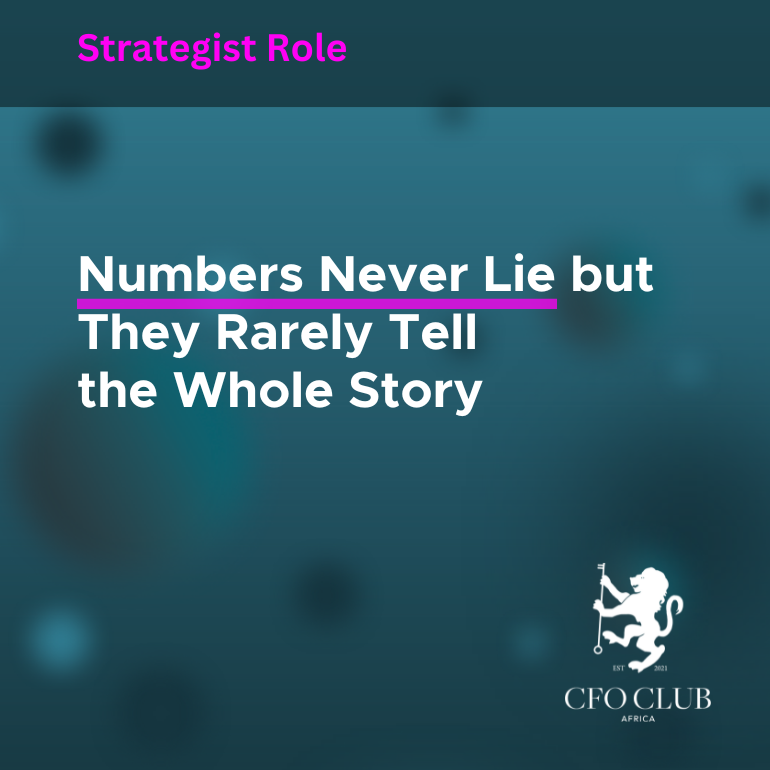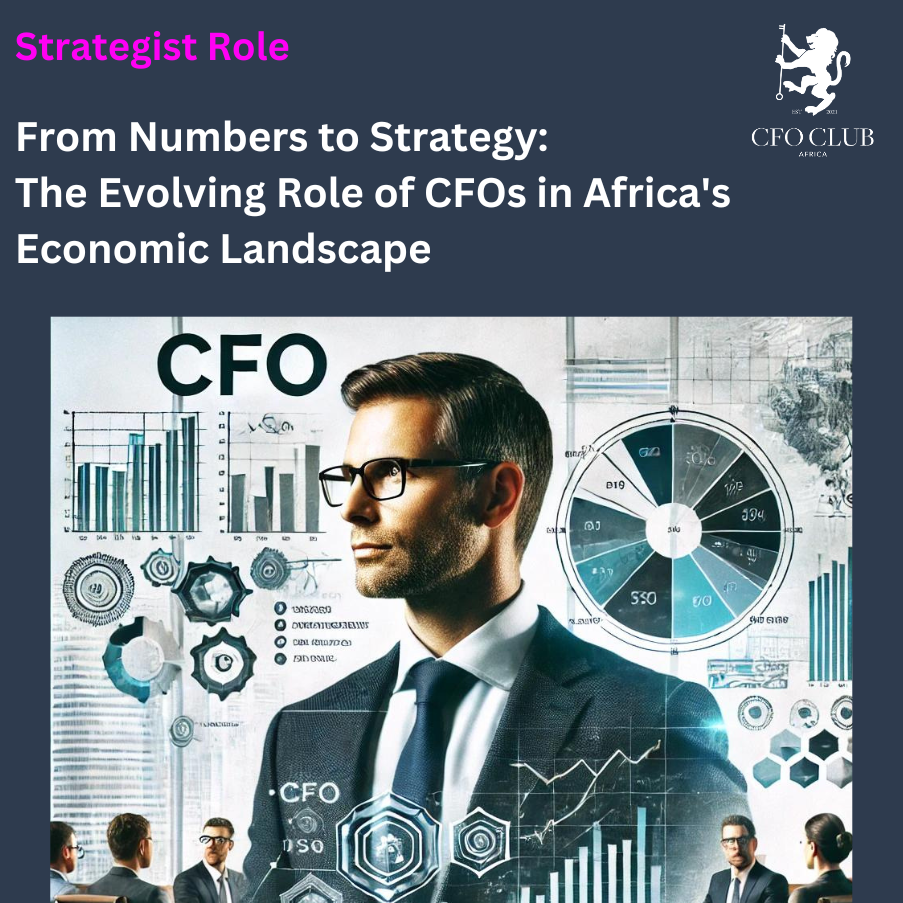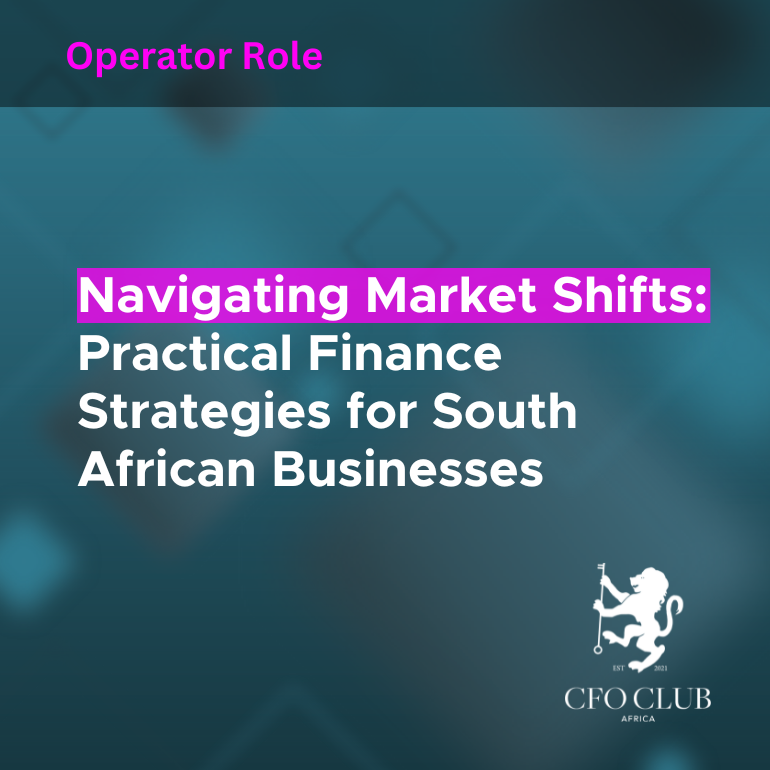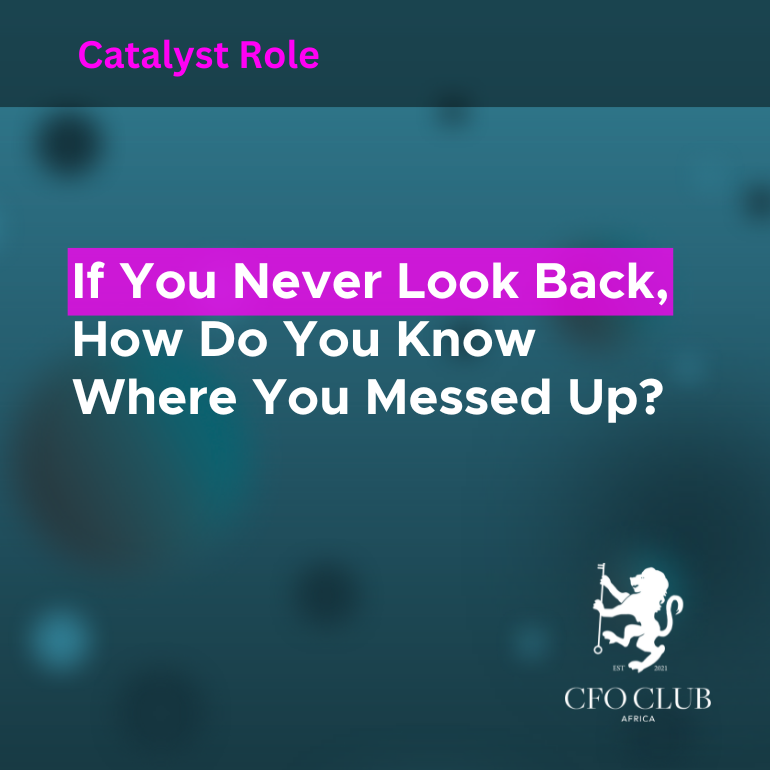Boats, Bentleys and Broken Trust: What CFOs Must Learn from the Maumela Asset Seizures
When the National Prosecuting Authority (NPA) recently froze R325 million worth of luxury properties, supercars and even boats linked to businessman Hangwani Morgan Maumela, the headlines almost read like a crime novel. Behind the drama lies a sobering truth: a family trust tied to Maumela reportedly received over R2.3 billion from state contracts. The seized assets are only a fraction of that haul.
For finance leaders, this case is not just another corruption scandal to shake our heads at. It is a mirror that forces us to reflect on the very foundations of governance, risk management and ethical leadership in both public and private sectors.
When Numbers Hide Stories
On paper, the contracts that channelled money into the Maumela trust may have looked legitimate. Tender processes were followed, suppliers were appointed, and payments were processed. Yet deeper scrutiny revealed irregularities: cover bidders, questionable delivery of goods, and procurement decisions that raised red flags for the late whistle-blower Babita Deokaran, who paid with her life for standing up for accountability.
This raises an uncomfortable question for CFOs: how often do we accept numbers at face value without interrogating the story they tell? A clean ledger is not proof of ethical business. Financial data can be manipulated to give a veneer of legitimacy to transactions that are rotten at the core.
As guardians of transparency, CFOs need to see through the numbers, spot patterns that do not make sense, test the assumptions that underpin transactions, and ask the questions others may avoid.
The Stewardship Dilemma
CFOs are often described as wearing four hats: strategist, operator, catalyst and steward. Cases like Maumela’s highlight why the stewardship role is non-negotiable.
- As strategists, CFOs shape long-term business models. But what happens when short-term profits are achieved at the cost of ethical breaches?
- As operators, they drive efficiency and performance. But efficiency without integrity is nothing more than a well-oiled machine heading towards disaster.
- As catalysts, CFOs inspire change and growth. But what kind of growth is it if it rests on corruption?
- And as stewards, CFOs protect the organisation’s reputation, resources and trust. This is the role that comes into sharp focus in scandals like Maumela’s, because stewardship is not about compliance, it is about conscience.
Lessons for Finance Leaders
What does this case teach us as CFOs and business leaders?
1. Trust Structures Demand Scrutiny
Across the globe, trusts and related-party vehicles are used to move money beyond the line of sight. They can be legitimate estate planning tools or they can be shields for corruption. CFOs must insist on transparency of ownership and ensure related-party disclosures are not just a formality.
2. Audit Trails Must Be More Than Paper
Compliance checklists are not enough. True oversight means verifying economic substance: do the suppliers exist, are goods delivered, and are prices commercially reasonable? Tick-box compliance is the enemy of integrity.
3. Whistle-blowers Are Assets, Not Threats
The assassination of Babita Deokaran is a national wound. For CFOs everywhere, it is a stark reminder that whistle-blowers are often the last line of defence. They must be protected, empowered, and respected, not sidelined.
4. Ethics Cannot Be Outsourced
Regulators and auditors play important roles, but ethical decision-making is not their responsibility. It sits firmly in the CFO’s office. Silence in the face of irregularities is complicity.
5. Reputation is Fragile Capital
Every scandal erodes public trust, not just in the entity concerned but in institutions as a whole. CFOs must recognise that reputation is as valuable an asset as cash flow. Once lost, it is almost impossible to regain.
Beyond Scandal: A Global Wake-Up Call
It is tempting to treat the Maumela saga as a uniquely South African issue, another chapter in the story of state capture. But that would be a mistake. Across the world, from procurement fraud in European healthcare systems to questionable pandemic contracts in the UK, to misuse of public funds in Latin America, the same themes play out: weak controls, opaque structures and compromised ethics.
CFOs operate in a global marketplace where investors, regulators and the public demand more than financial performance. They demand evidence of integrity, resilience and ethical leadership. The scandals may differ by geography, but the lessons are universal.
A Call to Leadership
Every CFO, whether in a listed company, an SME or a public institution, will face moments where financial discipline collides with ethical responsibility. The real question is not if we will face them, but how we will respond.
Do we look away because the numbers balance, or do we lean in because the bigger picture does not add up? Do we measure success by the quarterly bottom line, or by the long-term trust we build with stakeholders?
This is the heart of the CFO’s leadership role, not just delivering results but safeguarding the integrity on which those results must stand.

